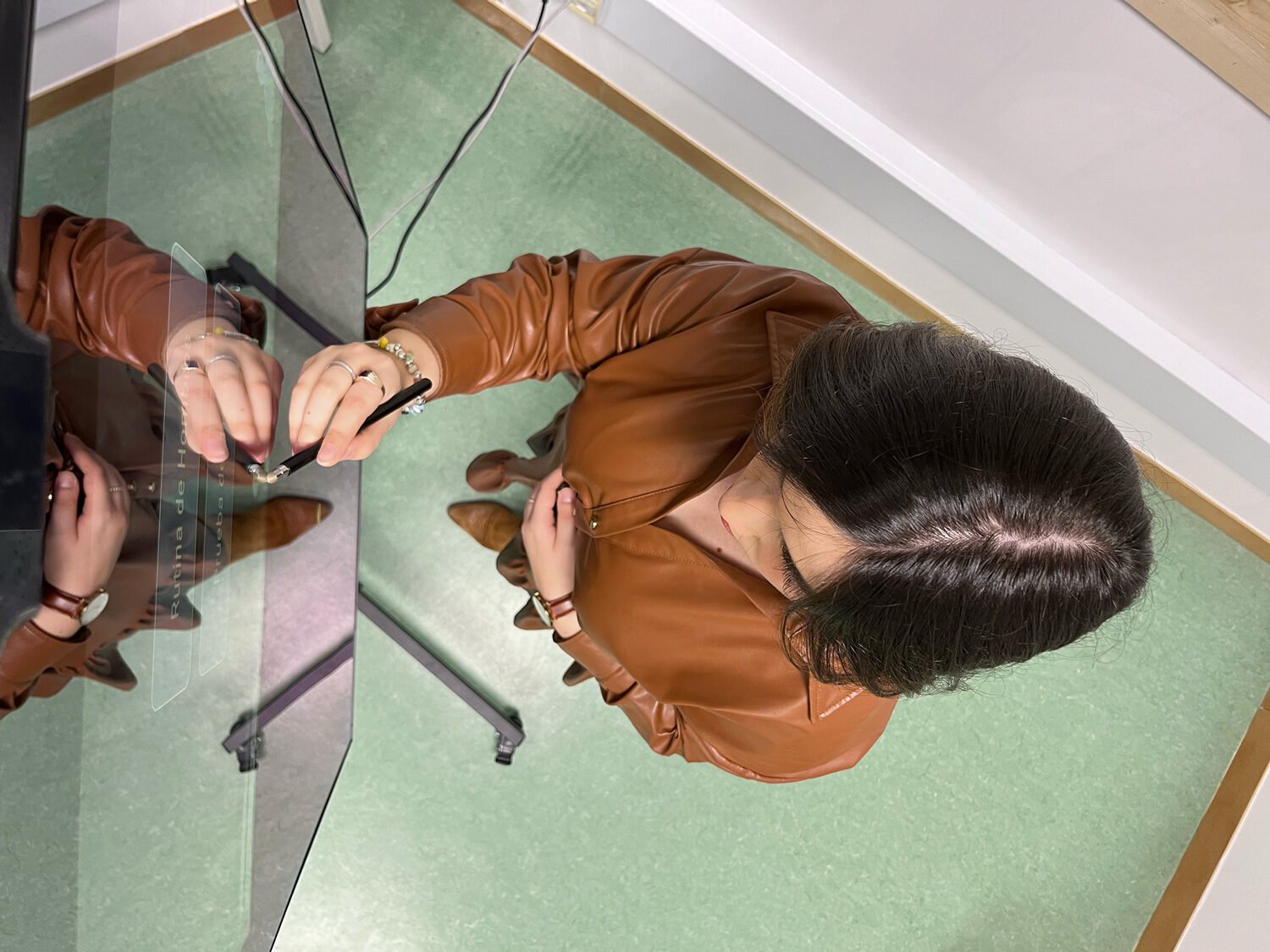Although ages 15 to 39 are often considered the healthiest years, about 1.3 million young people worldwide receive a cancer diagnosis each year.
For young cancer survivors, the journey does not end with treatment. Many are eager to resume normal life, but they face ongoing health challenges caused by late effects of their cancer therapies. These can include:
(cardiovascular toxicity, up to 22%)



While treatments like chemotherapy, radiation, immunotherapy, targeted therapy, and surgery save lives, they also highlight the importance of continuous care and support. Lifelong health monitoring, behaviour modifications, and tailored education are vital to increase AYA’s quality of life.
Addressing the late effects of cancer is essential, yet many survivors are resistant to ongoing health surveillance. Implementing lifelong follow-up and lifestyle changes can help reduce risks and improve outcomes. Specific educational and behavioural interventions designed for this group are crucial for effective management.
Cardiac toxicities are among the most common late effects and represent a significant risk factor for heart failure and other cardiovascular complications. These issues can profoundly impact survivors’ quality of life and long-term health, especially as they transition into post-cancer life. Despite progress in treatment, the unique needs of AYA survivors regarding cardiotoxicity management are still under-researched and poorly understood.
Symptoms of cardiovascular toxicities may initially be silent (subclinical) or become apparent over time (clinical), making them a major cause of long-term health complications and mortality among cancer survivors. Recognising and addressing these issues early is key to ensuring better health outcomes for young survivors.